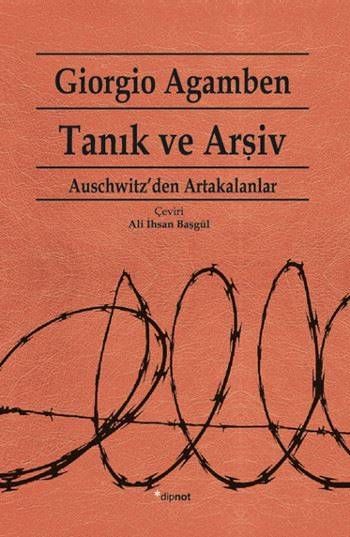
Tanık ve Arşiv
“The political model of the West is the Concentration Camp, not the City. "It's not Athens, it's Auschwitz." To date, a lot has been said and many studies have been done about Auschwitz. But many things that are considered understandable from a historical perspective still remain philosophically vague.
The work of Giorgio Agamben, one of the leading philosophers of the twentieth century, tells us that none of the principles put forward in the name of ethics today can pass the decisive test, the ethical test that Auschwitz faced us with. Agamben points out that the survivors' testimony contains a significant gap in its essence. The survivors' testimonies contain a gap because they were forced to bear witness to something impossible to witness.
In this striking work, Agamben questions this emptiness at the core of testimony. More precisely, he is trying to listen to something that "doesn't exist". “If the only person who bears witness to the human is the one whose humanity has been completely destroyed, this means that the identity between the human and the non-human is never complete and that it is not really possible to completely destroy the human, that something is always left behind. It is this remnant that is the witness.” he tells us. After comprehending the witness in this way, leaving aside almost all the teachings developed in the name of ethics after Auschwitz, from Ancient Greece to the present day, from Spinoza to Nietzsche, from Kierkegaad to Heidegger, from Benjamin to Adorno, from Blanchot to Foucault. He tends to settle accounts with many philosophers and draw the map of the new ethical boundaries of the future.
(From the Promotional Bulletin)
Dough Type: 2nd Dough
First Print Year: 2000
Number of Pages: 186
Size: 13x20
Language Turkish
Media Type: Paperback
| Publisher | : | Footnote |
| Number of pages | : | 186 |
| ISBN | : | 9789759051921 |
| The heart | : | Turkish |


